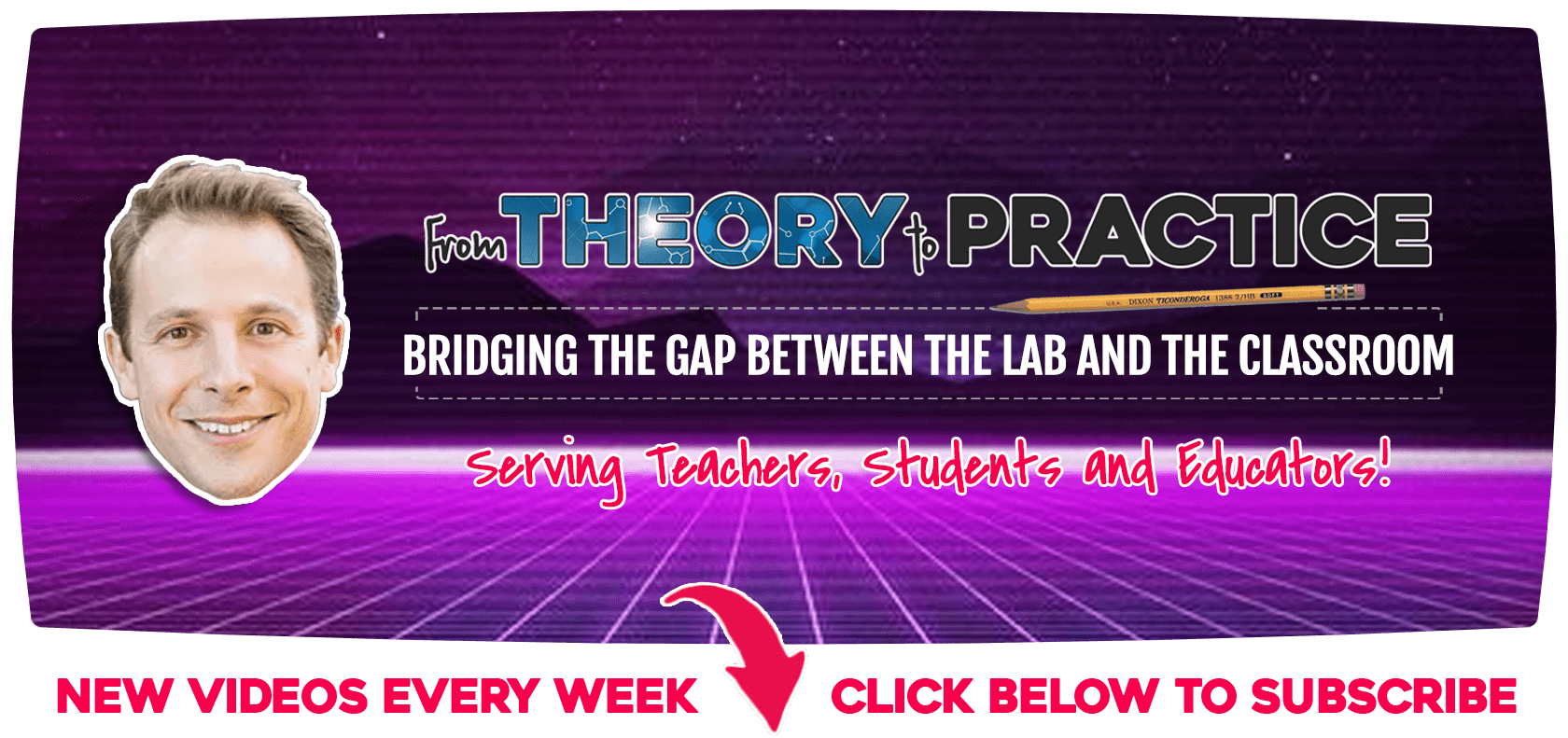
What Is The Purpose of Education?

Jared Cooney Horvath is a globally recognized Science of Learning expert committed to helping teachers, students and parents achieve better outcomes through applied brain and behavioral science.

School ... What Is It Good For?
What is the purpose of education?
In the realm of public schools, this question is constantly debated … yet in private academic settings (military academies, art institutes, fundamental religious schools, etc.) this same question is rarely pondered.
Why is this?
Well, as you might have guessed, these latter institutions embody an unambiguous function; the specific types of human beings they are meant to forge is never in doubt.
Educators in these schools almost certainly debate pedagogical strategies … but with a clear foundational purpose upon which to base their decisions, these debates generally take on the flavor of incremental experimentation rather than a full-fledged revolution.
So then, what is the specific purpose of public education?
Paraphrasing educator Neil Postman, public schools do not exist to serve a public; they exist to create a public.
Importantly, the answer to what kind of public they are creating won’t be found in the teaching methods employed, the homework assigned, or the uniforms worn -- it will be found in the fundamental story used (knowingly or unknowingly) to imbue the entire endeavor with meaning.
In other words, the function of public education is defined by the prevailing Narrative that it serves.
In this case, I don’t mean a lower-case n narrative that takes the form of a vision statement or motto; I mean an upper-case N Narrative that takes the form of an all-encompassing worldview.
Think Catholicism, Marxism, or Evolutionary Psychology -- these Narratives do not merely enlighten; they supply the very meaning that sustains, guides, and propels their adherents forward.
In my newest From Theory to Practice video, I discuss a paper that can help us better appreciate this vital issue:
Good Education in the Age of Measurement (Gert Biesta)
Here are some of the questions I tackle in this installment:
-
What is the distinction between form and function, and how in education have we insidiously conflated these two things?
-
According to this paper, what three characteristics must something exhibit in order to qualify as a viable ‘function’ of education?
-
What dominant public Narrative (i.e. function) has overwhelmingly influenced how we conceptualize the role of education in our culture?
-
What one important question should we as teachers and educators be asking ourselves as we think about the future of education?
Give it a watch, and let me know what you think in the YT comments section.
And, as always, if you find this video valuable, interesting and/or entertaining, you can support us by liking, sharing and subscribing to our YouTube channel ;)
Regards,

Video Transcript
Hello everybody, and welcome to this week's From Theory to Practice, where I take a look at the research so you don't have to.
Now, as you may know, I have a new book out called '10 Things Schools Get Wrong (And How We Can Get Them Right)'.
So, for this series of ten videos, I've deliberately selected research papers that align with the different chapters of that book.
In this installment we're looking at the last chapter, Chapter 10: Purpose | The Problem with Narrative.
As you can likely guess, this is a pretty deep theoretical chapter, and the article I've selected that aligns with this is called Good Education in an Age of Measurement by Gert Biesta.
Now to understand this paper we first have to differentiate between form and function. Form is pretty simple: it's what we do or how we do something. Function, on the other hand, is why we do something; what is the ultimate purpose or outcome we are hoping to achieve.
So a great way to understand form versus function is to simply look at architecture ...
Click to view remainder of the transcript ...
Coming soon ...
Did You Enjoy This Post?
Help spread the idea by sharing it with your peers and colleagues ...

NOT ON THE LIST? Click below to join the LME Community, and receive free tools and resources ... plus updates about new courses, public lectures, articles, books, TV and podcast appearances – straight from the source!
You Might Also Like ...
Copyright © 2022 LME Global
6119 N Scottsdale Rd, Scottsdale, AZ, 85250
(702) 970-6557
Connect With Us
Copyright © 2022 LME Global – 6119 North Scottsdale Road, Scottsdale, AZ, 85250 – (702) 970-6557



